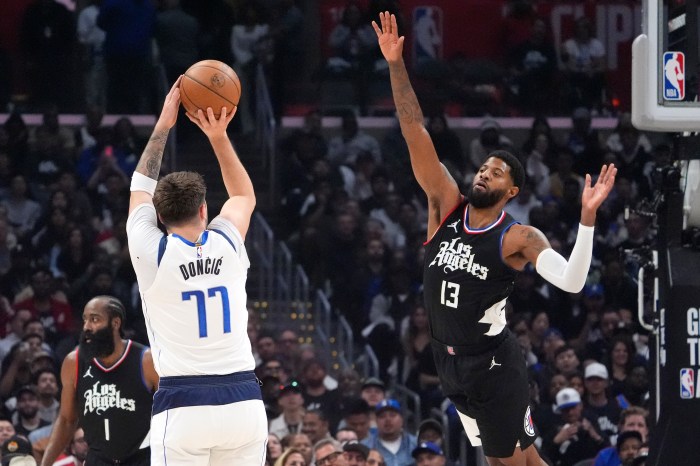It’s the most dangerous game you can play with a job offer: reject it. Bluff. Tell them to add a couple pounds to the paycheque if they want your services.
A select few professionals, however, like surgeons or oil company geologists, can and are expected to do just that—“but those are rare cases,” says Director of Quantitative Analysis Al Lee at Payscale.com.
“The bulk of people will be in a category where there’s a fair number of jobseekers out there that can also do that job,” he says. “For them, the only good news is that, generally, companies like to hire their first choice. It’s psychological.”
If you’re lucky enough to be that choice, you might feel inclined to push your luck an inch further for a game of pay grade poker.
You’ll need to know what the job would earn you elsewhere, Lee stresses.
But most importantly, you need to know how the company works, how it hires, and what kind of finances it has on hand, he adds.
“Some companies just have a budget,” he cautions. “This is how much they have to pay, and they’ll hire the best person they can get for that money.”
Don’t speak first
“Chances are, somewhere early in the interview, the employer might start probing you for salary expectations,” notes Ron Krannich, author of Dynamtie Salary Negotiations.
Don’t fall for the bait, he warns.
“It’s like poker: whoever reveals his hand first is at a disadvantage,” he explains. “If they ask, deflect. Say ‘I’d like to learn more about the position before we talk salary.”
Should they say no…
“You may not be able to negotiate much if it’s just the standard package that they’re offering,” Krannich says.
But that doesn’t mean you have to fold.
“Talk about advancement opportunities,” he encourages. “Are they going to allow you to move into a higher position?”
See if they’ll move up your next salary review, or pay you the same amount, but at the bottom of the next highest pay grade, Lee offers.
“The important thing isn’t money,” Krannich says. “It’s finding a job you really love.”

















